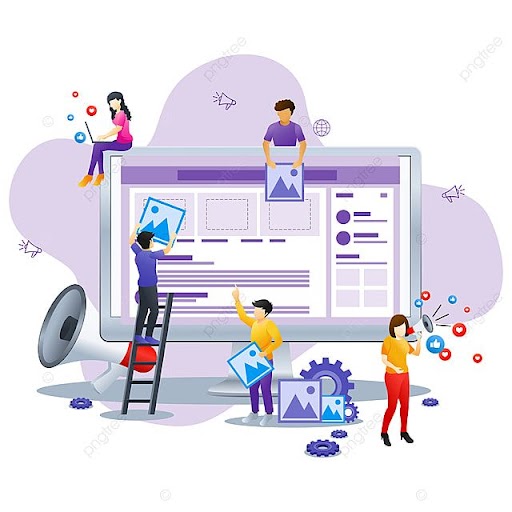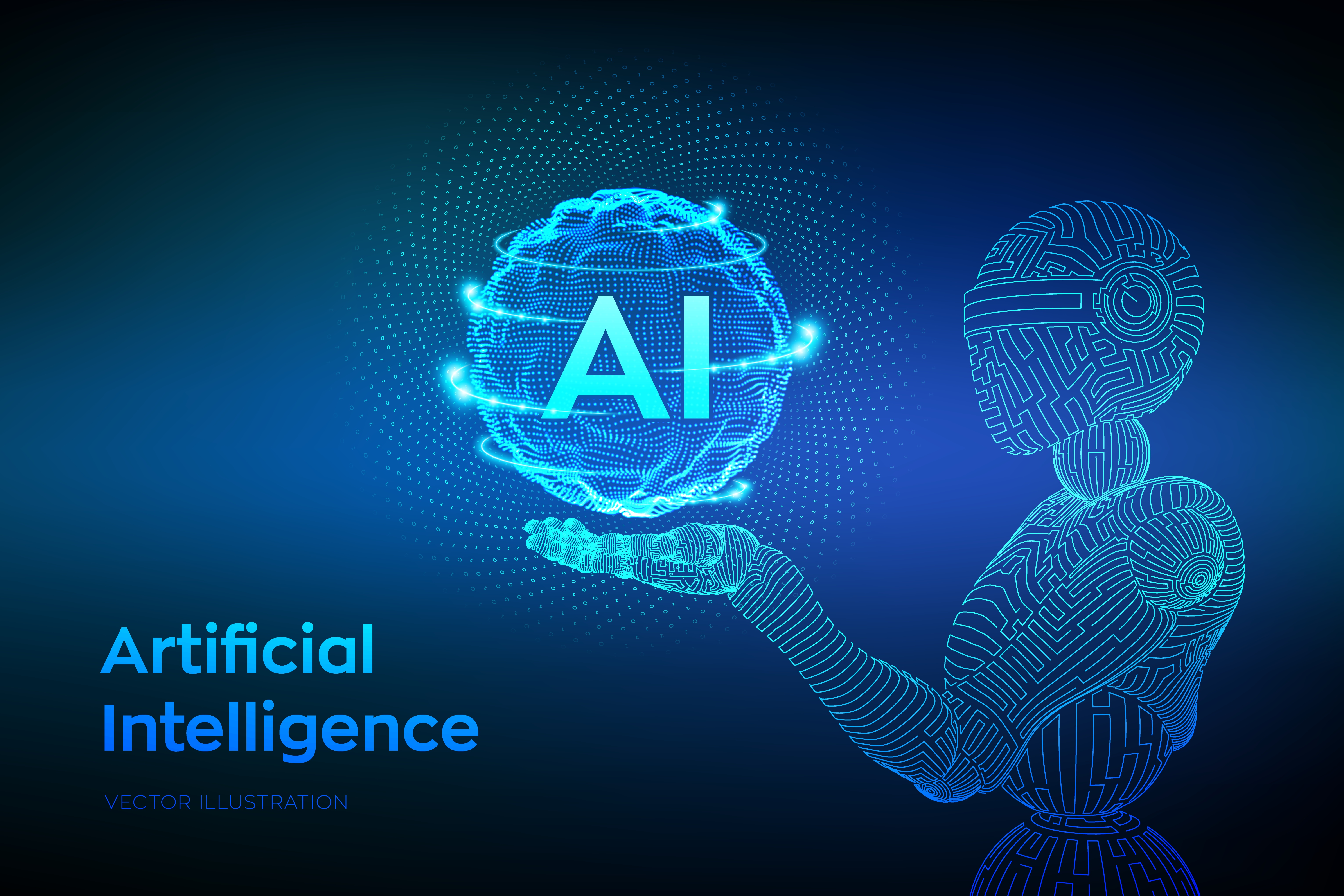Ballistic Academy
Skip available courses





Available courses

Introduction to Digital Content:
- Definition and scope of digital content.
- Evolution and significance in the digital age.
Types of Digital Content:
- Text-based content: articles, blogs, e-books.
- Multimedia content: images, videos, audio.
- Interactive content: quizzes, surveys, games.
Content Creation Tools:
- Understanding various tools for creating digital content.
- Introduction to graphic design tools, video editing software, and content management systems (CMS).
Content Formats and Standards:
- Exploring common formats for digital content (JPEG, MP4, PDF).
- Adhering to web standards and accessibility guidelines.
- Teacher: Monica Doubriyal
pre_requisite:

Software Development Life Cycle (SDLC)
QA Fundamentals
Testing Types
Testing Levels
Test Planning and Strategy
Defect Life Cycle
Test Execution and Reporting
Test Automation

Definition:
- Overview of what a Learning Management System (LMS) is.
- Definition: A software application for the administration, documentation, tracking, reporting, and delivery of educational courses, training programs, or learning and development programs.
Key Features:
- Explanation of core features such as course management, user management, content delivery, and assessment tools.
- Discussion on how LMS facilitates online learning and training.
Benefits of Using an LMS:
- Improved accessibility to learning materials.
- Flexibility in scheduling and learning pace.
- Enhanced tracking and reporting of learner progress.
- Centralized administration and management of educational content.
Types of Learning Management Systems:
- Overview of different types of LMS platforms, including cloud-based, open-source, and proprietary systems.
- Discussion on the suitability of each type for various educational or organizational needs.
Components of an LMS:
- Explanation of essential components like user interface, content management, assessment tools, and reporting features.
- How these components work together to create a seamless learning experience.
Common LMS Use Cases:
- Examples of scenarios where an LMS is commonly employed, such as in schools, universities, corporate training, and professional development.
- Teacher: Monica Doubriyal
pre_requisite:
Understanding of the LMS Platform:
- Familiarize yourself with the specific LMS you'll be using (e.g., Moodle, Canvas, Blackboard).
- Explore the user interface, administrative features, and tools available within the LMS.
Course Design and Organization:
- Learn how to structure and organize content within the LMS to create a clear and intuitive course layout.
- Understand best practices for designing engaging and accessible online courses.

Navigating the LMS Interface:
- Understanding the layout, menus, and navigation features of the LMS.
Course Design and Organization:
- Creating and organizing course content in modules or units.
- Utilizing multimedia elements, such as videos, images, and interactive materials.
Assessment and Grading:
- Setting up quizzes, assignments, and assessments within the LMS.
- Configuring grading systems and providing feedback.
Communication Tools:
- Utilizing discussion forums for student interaction.
- Using announcement features to communicate important information.
Enrollment Management:
- Managing student enrollments and access permissions.
- Understanding different roles within the LMS (e.g., teacher, student, administrator).
Analytics and Reporting:
- Accessing and interpreting data and analytics provided by the LMS.
- Monitoring student progress and engagement.
- Teacher: Renu Deswal
- Teacher: Monica Doubriyal
- Teacher: Priya Teacher
pre_requisite:
Understanding of the LMS Platform:
- Familiarize yourself with the specific LMS you'll be using (e.g., Moodle, Canvas, Blackboard).
- Explore the user interface, administrative features, and tools available within the LMS.

-
Introduction to Frontend Development:
- Understanding the role of frontend development in web development.
- Exploring the evolution of web technologies.
-
HTML5 and CSS3 Fundamentals:
- Mastering HTML5 for structuring web content.
- Styling web pages with CSS3 to create responsive and visually appealing layouts.
-
Responsive Web Design:
- Implementing responsive design principles to ensure optimal viewing experiences across devices.
- Utilizing media queries and flexible grids.
-
JavaScript Programming:
- Introduction to JavaScript and its role in enhancing user interactivity.
- Working with variables, functions, and control structures in JavaScript.

-
Understanding Artificial Intelligence:
- Defining AI and its significance in the modern technological landscape.
- Exploring the history and evolution of AI.
-
Types of Artificial Intelligence:
- Overview of narrow or weak AI vs. general or strong AI.
- Understanding supervised, unsupervised, and reinforcement learning.
-
Machine Learning Fundamentals:
- Introduction to machine learning principles.
- Exploring supervised learning, unsupervised learning, and reinforcement learning algorithms.
-
Neural Networks and Deep Learning:
- Understanding the basics of neural networks.
- Exploring deep learning architectures and their applications.
-
Natural Language Processing (NLP) and Computer Vision:
- Overview of NLP and its applications, including chatbots and language translation.
- Introduction to computer vision and image recognition.
How can I help...



 ᗺBot Beta
ᗺBot Beta

